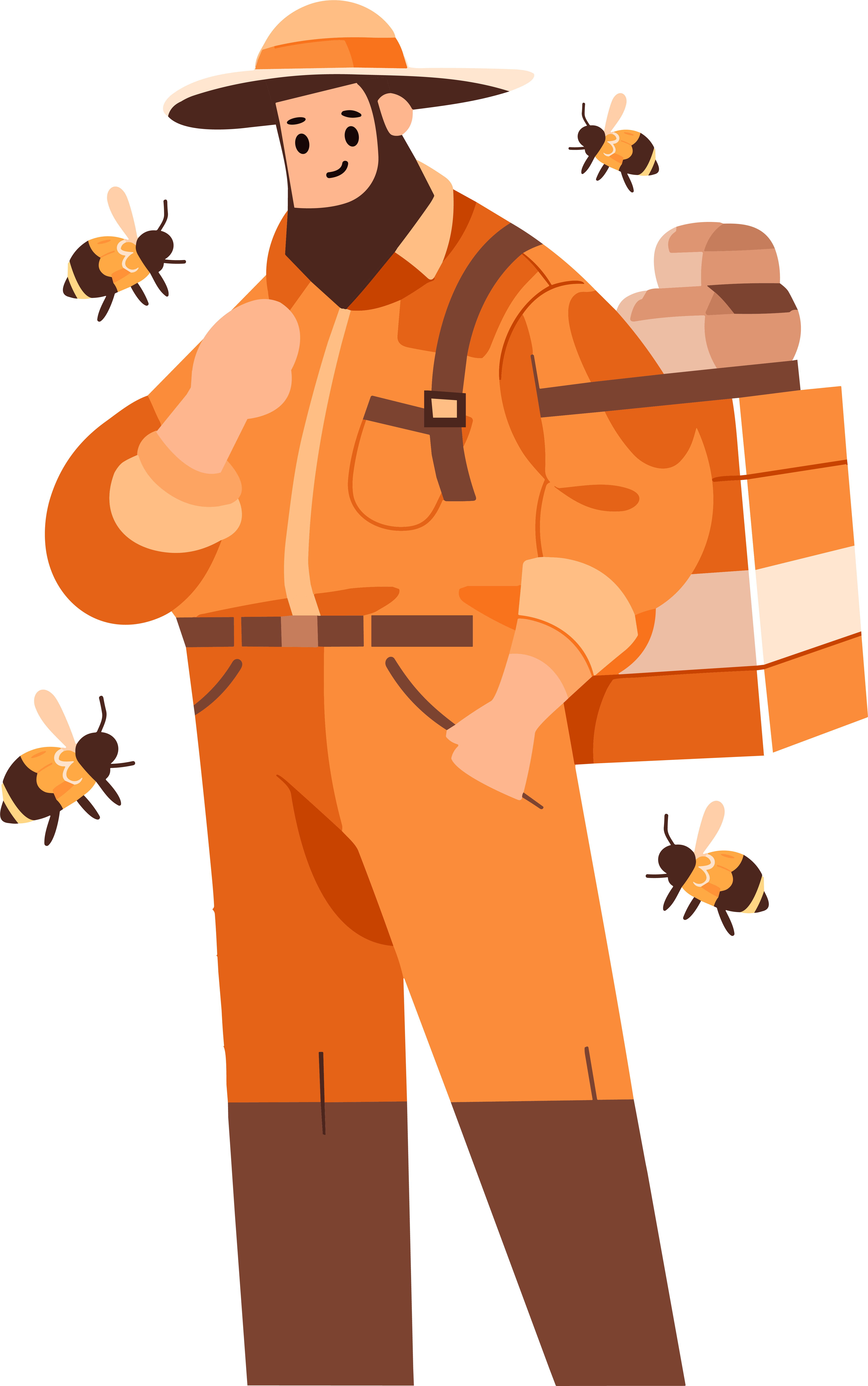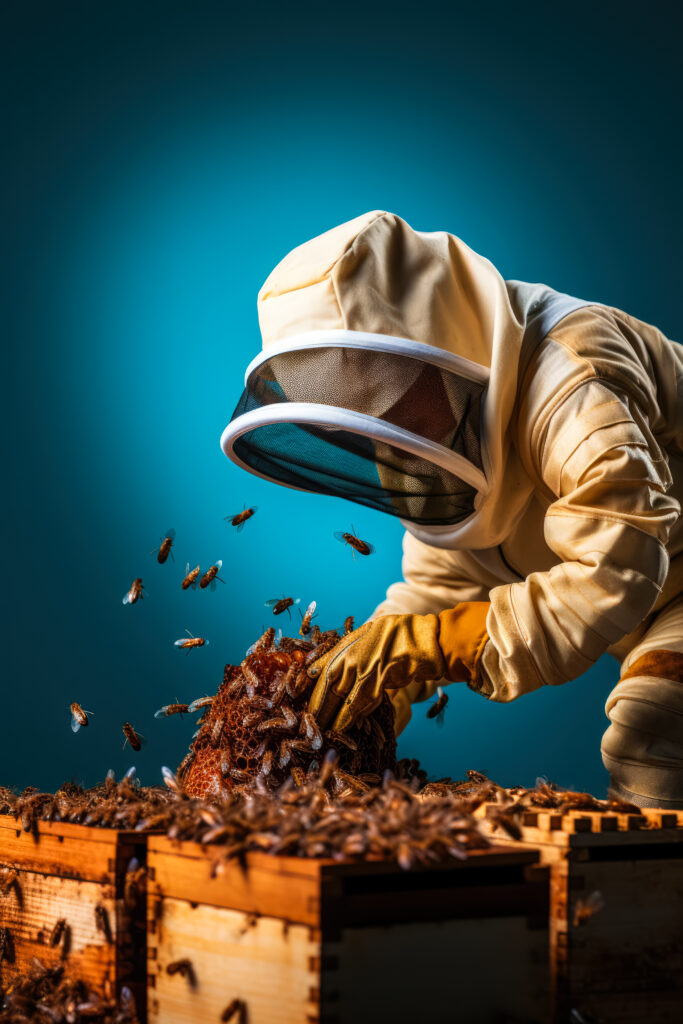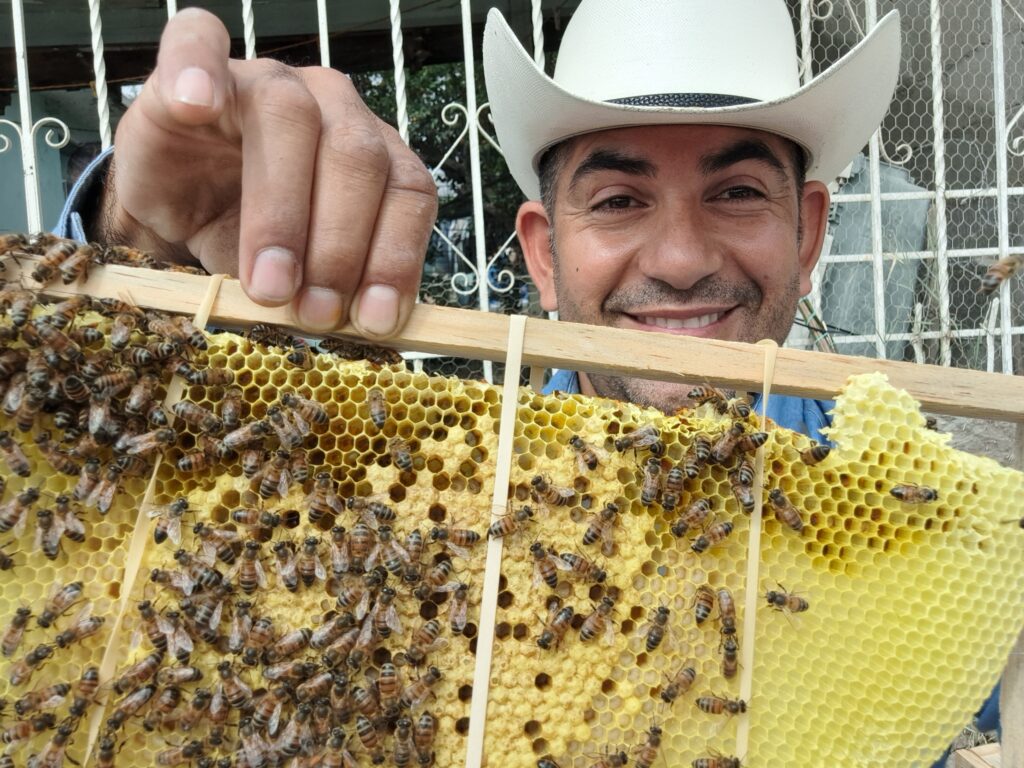School and Classroom Beekeeping Education
School and Classroom Beekeeping Education: Cultivating Environmental Stewardship and Academic Excellence
Introduction
Beekeeping education in schools and classrooms represents a unique and invaluable approach to holistic learning that combines the marvels of apiculture with the fostering of environmental stewardship, scientific curiosity, and academic achievement. These programs immerse students in the world of bees, pollinators, and sustainability, offering a well-rounded educational experience that extends beyond textbooks. In this comprehensive exploration, we will delve into the significance of school and classroom beekeeping education, its impact on students and communities, and the multifaceted integration of beekeeping into the educational curriculum.
The Significance of School and Classroom Beekeeping Education
The incorporation of beekeeping into school curricula carries profound importance for several reasons:
Environmental Awareness: Beekeeping programs provide students with a direct and tangible connection to nature. They engage with ecosystems, observe biodiversity, and witness firsthand the intricate relationships that sustain life on Earth.
Scientific Inquiry: Beekeeping serves as a captivating catalyst for scientific inquiry. Students delve into the world of bees, explore their behaviors, and develop essential inquiry and research skills.
Sustainability Education: By understanding the importance of bees and their role in pollination, students develop a deep appreciation for sustainable agriculture and responsible land use practices.
Hands-On Learning: Beekeeping actively engages students, immersing them in experiential learning. It encourages curiosity, critical thinking, and a love for hands-on scientific exploration.
Community and Global Impact: The impact of beekeeping extends beyond the classroom. Students gain an awareness of the global significance of pollinators and become advocates for environmental conservation in their communities.
Impact on Students and Communities
The impact of school and classroom beekeeping education transcends the academic sphere, touching the lives of students and their communities:
Scientific Curiosity: Beekeeping sparks scientific curiosity. It inspires students to ask questions, design experiments, and develop hypotheses as they explore the world of bees and their complex behaviors.
Environmental Stewardship: Students learn the importance of protecting the environment and conserving pollinators. They become ambassadors for sustainability and biodiversity conservation within their communities.
Empathy and Responsibility: Understanding the intricate lives of bees fosters empathy and respect for all living organisms. Students develop a sense of responsibility and reverence for nature.
Practical Skills: Beekeeping equips students with practical skills, from hive management to data collection and analysis, that can open doors to potential career paths in apiculture or related fields.
Community Engagement: School beekeeping programs often involve the broader community. They facilitate interactions with local beekeepers, environmental organizations, and educational outreach programs, creating opportunities for collaborative learning and community engagement.
Integration into the Educational Curriculum
Integrating beekeeping into the educational curriculum necessitates a multi-disciplinary approach:
Science: Beekeeping aligns with science subjects, offering a practical context for teaching biology, ecology, entomology, and the scientific method.
Mathematics: Beekeeping involves data collection, record-keeping, and measurements, providing a tangible foundation for teaching mathematical concepts.
Environmental Studies: Beekeeping naturally connects with environmental studies, emphasizing concepts of biodiversity, sustainability, and the interconnectedness of ecosystems.
Agriculture and Food Production: Beekeeping is a gateway to understanding the role of pollinators in agriculture and food production, making it relevant to lessons on these subjects.
Art and Communication: Beekeeping can serve as a platform for artistic expression and communication. Students can create presentations, reports, artwork, or documentaries related to their beekeeping experiences.
Conclusion
School and classroom beekeeping education offers a holistic approach to learning that not only introduces students to the world of apiculture but also nurtures environmental stewards and scientists of the future. These programs have the power to inspire a lifelong love for learning, a deep appreciation for the natural world, and a sense of responsibility for the environment. Beekeeping education exemplifies the profound impact that experiential learning can have on young minds, igniting their curiosity and commitment to the well-being of our planet and the vital role of pollinators in sustaining it.




